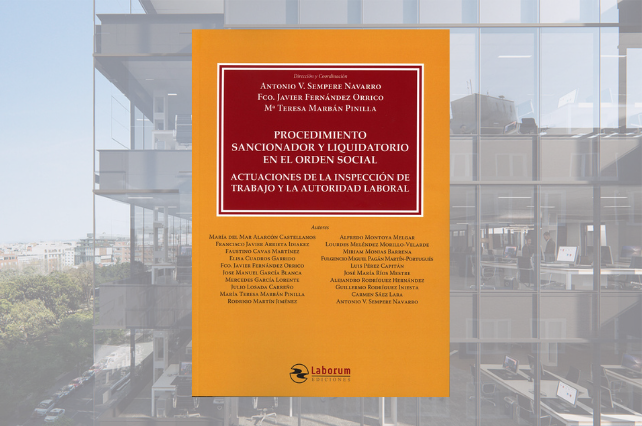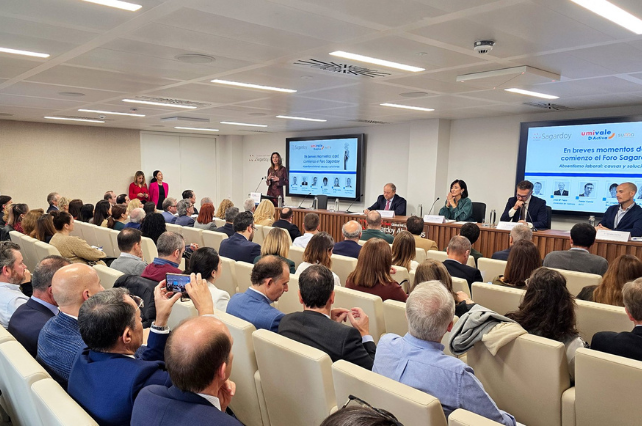Regarding the first measure, the request for a working hours adaptation is a prerogative whose initial definition corresponds to the employee, but its execution requires company approval. Therefore, the request must specify the scope and content of the adaptation, justifying and evidencing the specific and unforeseen care needs that must be provided (for example, the closure of a school classroom). In the regulation of the procedure, there is no mention of a specific deadline for the company to respond to the request. It should be understood that the response time should be the minimum possible to evaluate the request and, if necessary, propose an alternative if the company cannot fully meet the employee’s request but can still adjust the work hours. If the company accepts the proposal, the terms of the adaptation will be those requested by the employee and will remain in effect as long as there is a continued need for care. The company may also refuse the proposal, in which case it must provide objective reasons to justify the decision. It is important to note that the right recognized in Article 6.1 of Royal Decree-Law 6/2020 is more robust than the one recognized in Article 34.8 of the Statute of Workers, as the former grants employees the right to access a working hours adaptation, while the latter refers only to the right to request such an adaptation. As such, the employee’s position is prioritized due to the extreme gravity of the crisis resulting from COVID-19. If the company persists in refusing, the employee has 20 days from the communication of the refusal or disagreement to file a claim before the Social Court. If the company does not respond to the employee’s request, the silence is considered a rejection, allowing judicial challenge of the refusal.
The second measure of conciliation regulated in the MECUIDA Plan is the right to a reduction in working hours, with a proportional reduction in salary, when exceptional care circumstances arise due to COVID-19. The urgency required by the care obligation is reflected in aspects aimed at making its use as simple as possible, including: very short application deadlines, the requirement for the request to be communicated to the company 24 hours in advance, the possibility of reducing up to 100% of the working day, and if the reduction is for the care of family members other than children, there is no need for the person needing care to be engaged in paid activity. Only if two or more employees in the same company generate this right for the same person needing care can the employer limit its simultaneous use for justifiable operational reasons. Given the exceptional nature of the situation, the special reduction in working hours may reach up to 100% of the workday if necessary. For the reduction to reach the full workday, the request must be justified, reasonable, and proportional, and regarding the duration of this modality, the request should be limited to the exceptional period of the health crisis. To ensure the exercise of the right, a presumption is made regarding the justification of the cause, assuming that the request is justified, reasonable, and proportional unless proven otherwise. Regarding the specific hours of the reduction in working hours that do not reach 100%, the decision is for the employee, and the daily module does not necessarily have to be used, as, unlike ordinary reductions in working hours, this right does not require adherence to the daily module, meaning the reduction could be accumulated into full days.


